Southeast Asia–based Meranti Green Steel aims to support the United Kingdom’s struggling steel industry by allocating part of the output from its planned green iron plant in Oman. The UK steel sector has long faced challenges due to outdated facilities, high energy and labor costs. Limited investment in modern technologies and the financial burden of meeting carbon reduction goals have further weakened the industry’s competitiveness.
Company Founder and CEO Sebastian Langendorf noted in an article published by the British business daily City AM that Meranti’s low-carbon iron production model could help address these challenges. He explained that producing Hot Briquetted Iron (HBI) in regions rich in green energy and supplying it to existing steel plants in the UK could reduce production costs while minimizing environmental impact.
Langendorf said, “We will replace blast furnaces and coking coal with Direct Reduced Iron (DRI) plants and green hydrogen. In our facility in Oman, we will use the region’s abundant green hydrogen and natural gas to produce low-carbon HBI. This product will be more cost-effective than conventionally reduced iron.” It was stated that this method aims to decarbonize the most emission-intensive phase of steelmaking.
Meranti announced plans to build a 2.5 million-ton-per-year HBI plant in Oman’s Duqm Special Economic Zone. The facility will be powered by a combination of natural gas and green hydrogen, with the hydrogen share gradually increased to further reduce carbon emissions. Part of the output will be supplied to the company’s upcoming green steel plant in Thailand, while the remainder will be offered to UK steel producers seeking low-carbon feedstock.
Langendorf added that this model will be implemented at Meranti’s Thailand facility and that the HBI produced in Oman will be both high-quality and low in carbon footprint. The company’s project is also seen as an important step for Oman in utilizing renewable energy resources to modernize its industrial production.


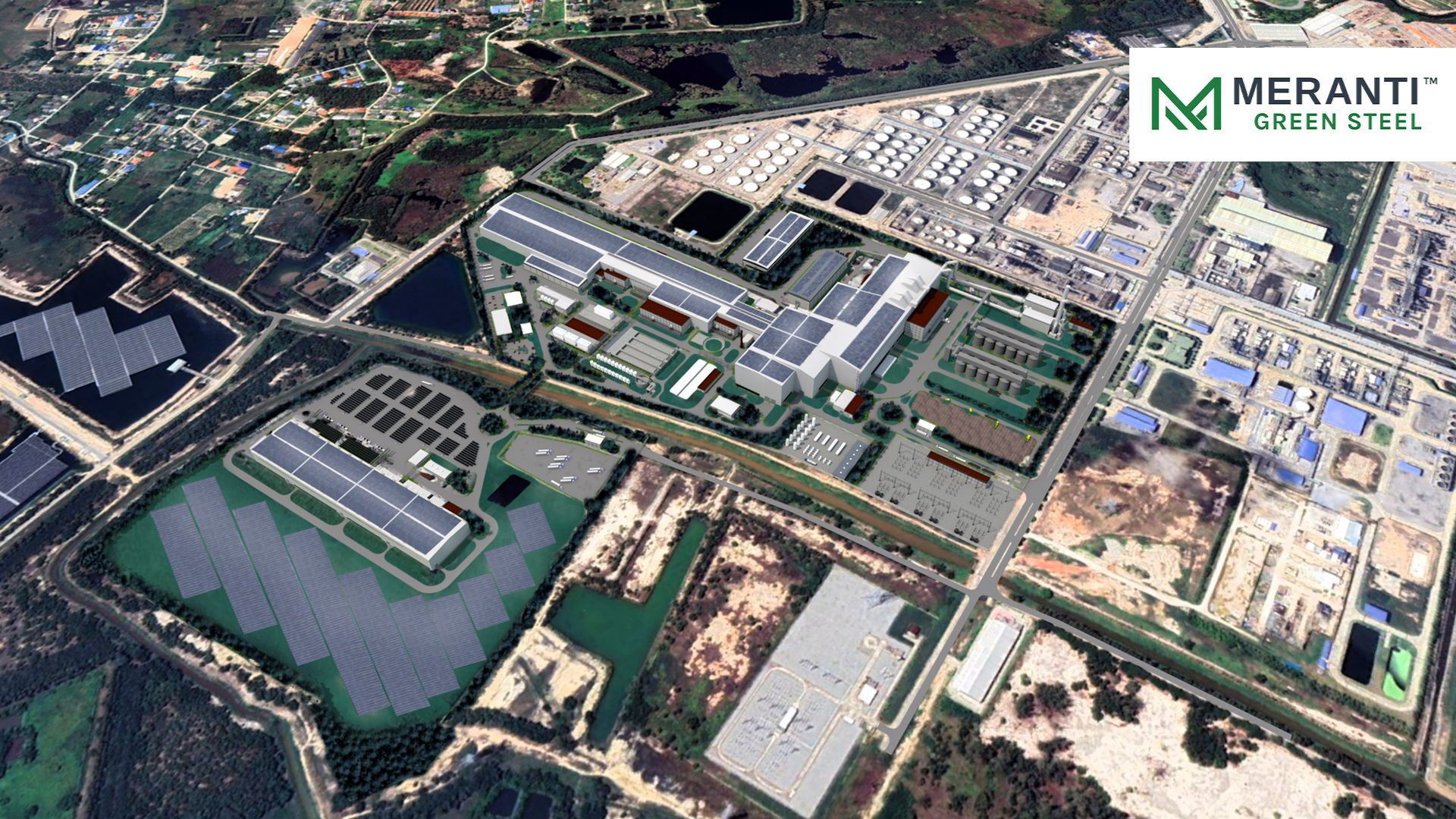

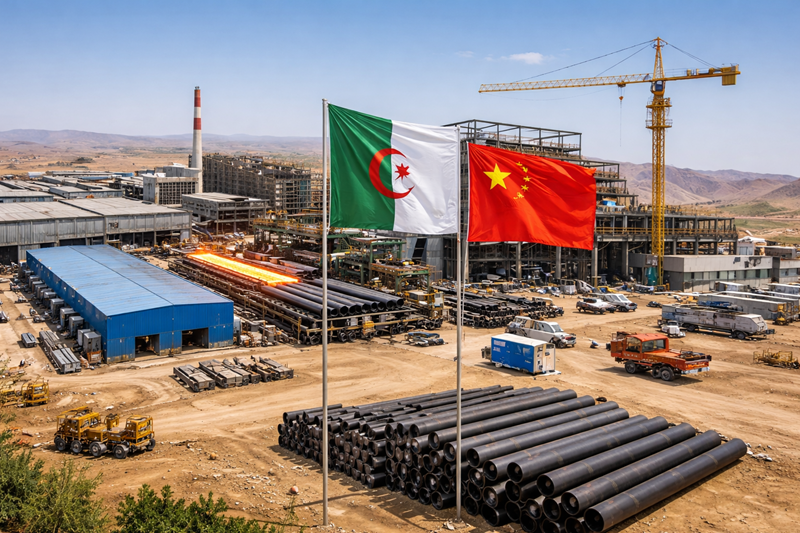
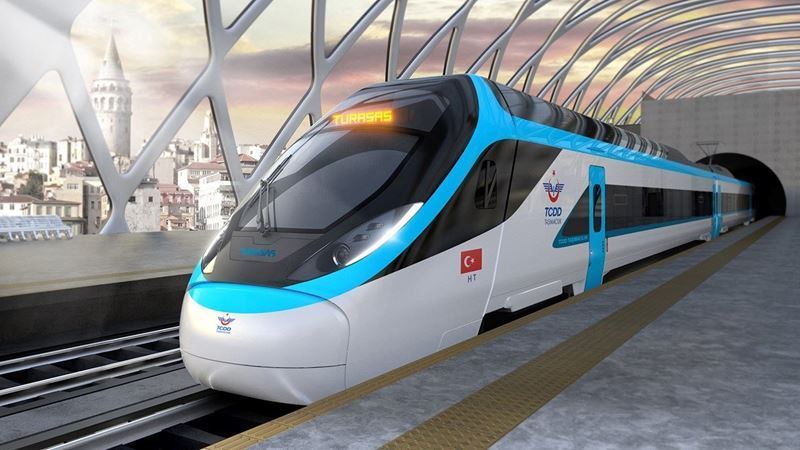
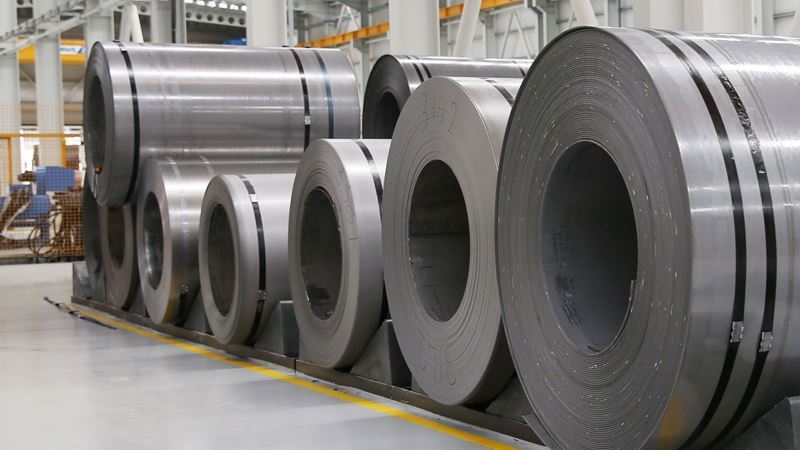
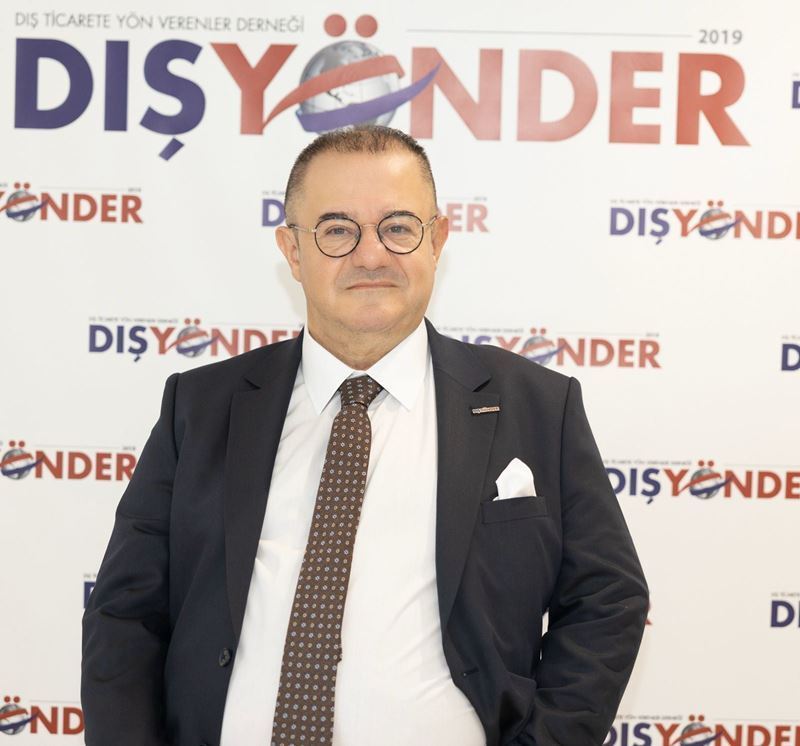
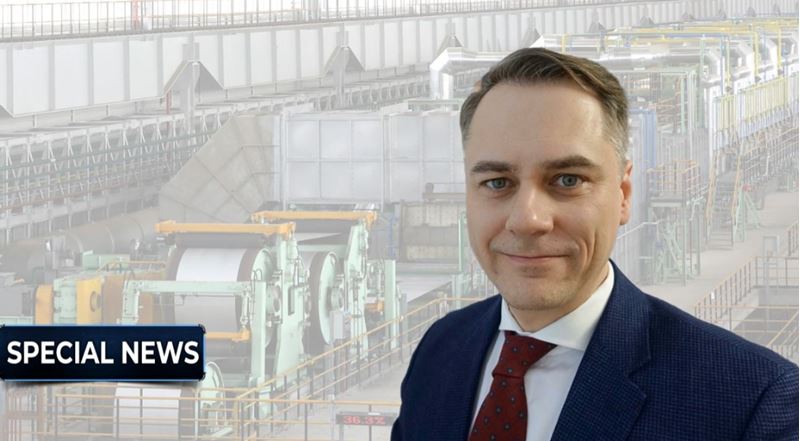


Comments
No comment yet.